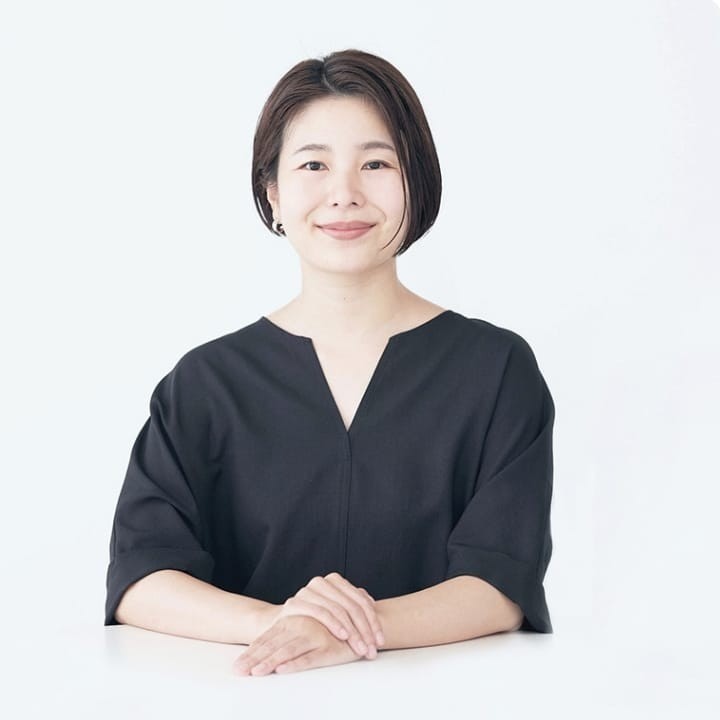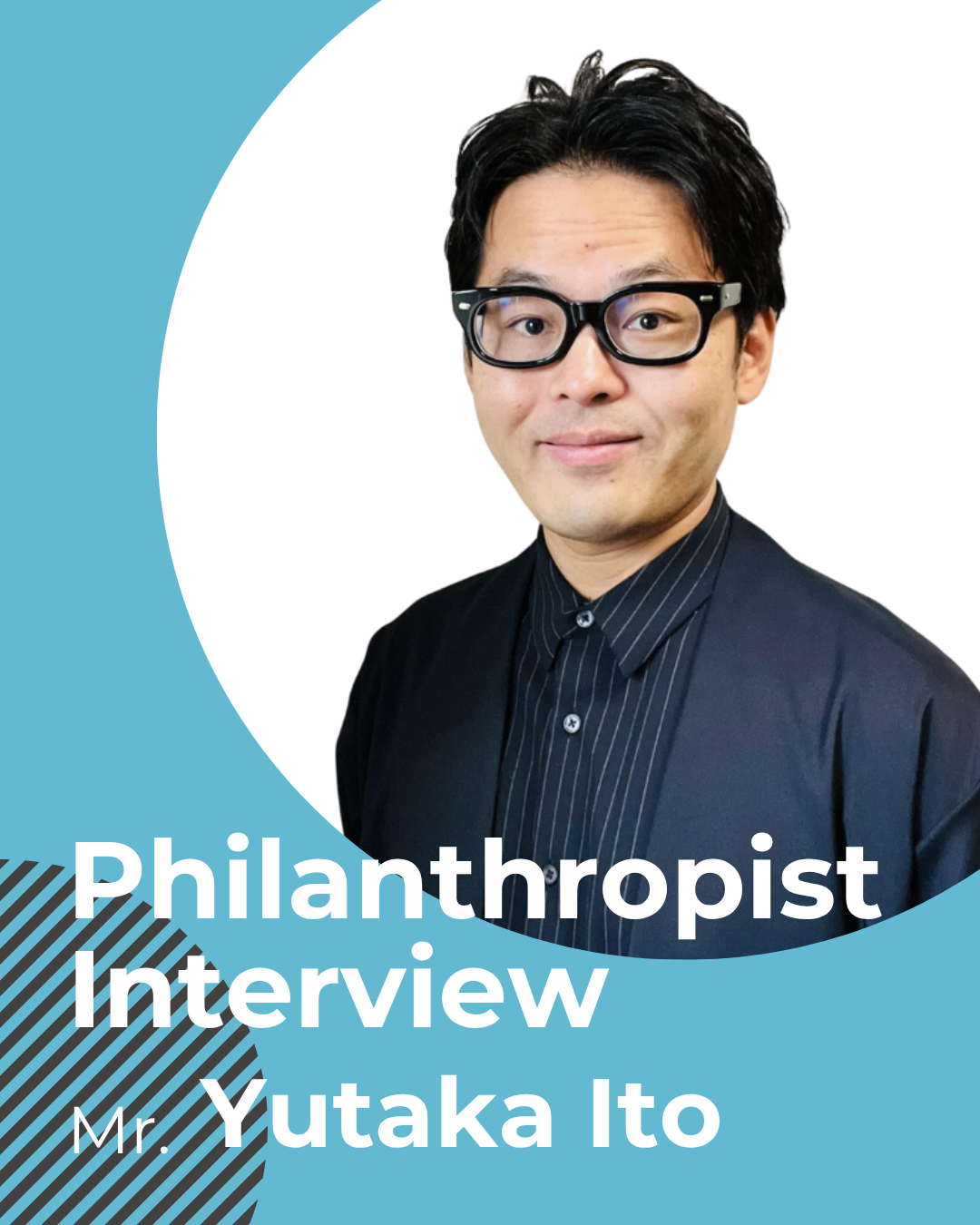INFO

Yasuharu Ishikawa: 15 Years of Civic-Driven Change — How One Bold Citizen is Transforming a City and Its Children
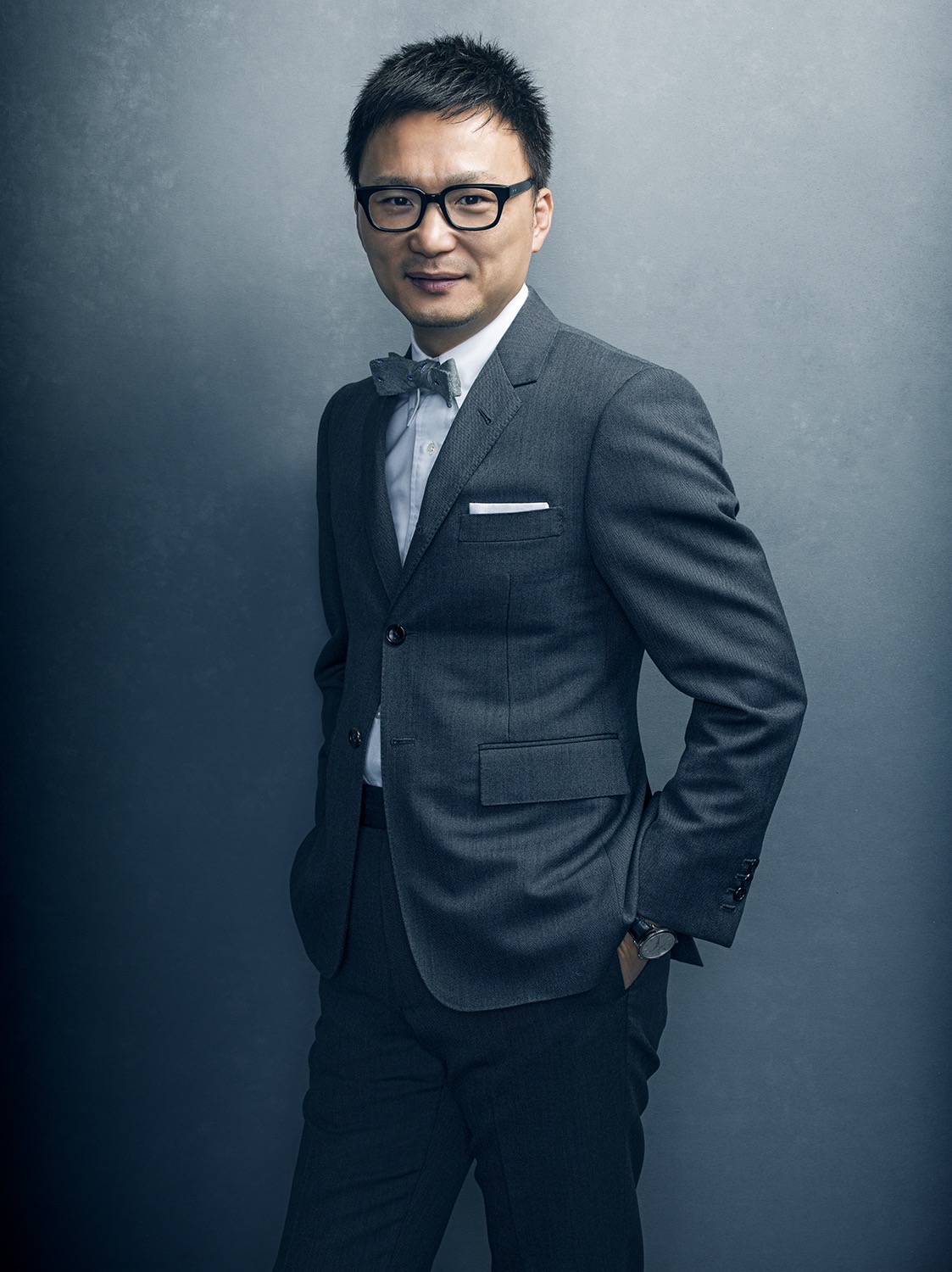
Profile
Yasuharu Ishikawa
Founder, Stripe International / President, Ishikawa Holdings / CEO and Founder, Merci Inc. / CEO, Waistline Group / CEO, Tea Shimoyama / CEO, tetta / Chairman, Ishikawa Foundation for Cultural Promotion
Born in Okayama city, Okayama prefecture in 1970
At 23, Yasuharu Ishikawa launched his first company and began challenging the conventional norms of the fashion industry.
Today, he is dedicated to fostering children’s imagination through art-focused education and revitalizing his hometown of Okayama. Whether in business or philanthropy, his core belief remains unchanged: “Identify social issues and solve them.” We spoke with Mr. Ishikawa about his journey and mission.
Reimaging Business as a Platform for Social Change
“From fashion to education and urban revitalization—the mission remains the same: identify social issues and solve them.”
Yasuharu Ishikawa launched his first company at 23 and has spent the past 32 years disrupting conventions in the fashion industry. From the start, he challenged labor norms, boosting full-time employment and promoting women to management—unusual moves in retail. His company, Stripe International, eventually surpassed ¥140 billion in annual revenue and achieved a 52% female management rate, while maintaining 100% full-time employment for its first 15 years.
Now, through the Ishikawa Foundation for Cultural Promotion, he’s turned his focus to childhood education. The foundation’s contemporary art space, Rabbit Hole, serves as a free-entry lab for children under 18, offering dialogue-based tours and workshops that foster inquiry, creativity, and presentation skills—qualities Ishikawa believes are essential in the AI era.
But his work doesn’t stop with education. He’s also personally investing in the revitalization of Okayama, his hometown. “Public institutions lean toward risk-averse, reactive policy,” he says. “If we want globally competitive cities, private actors must take bold, forward-looking risks.”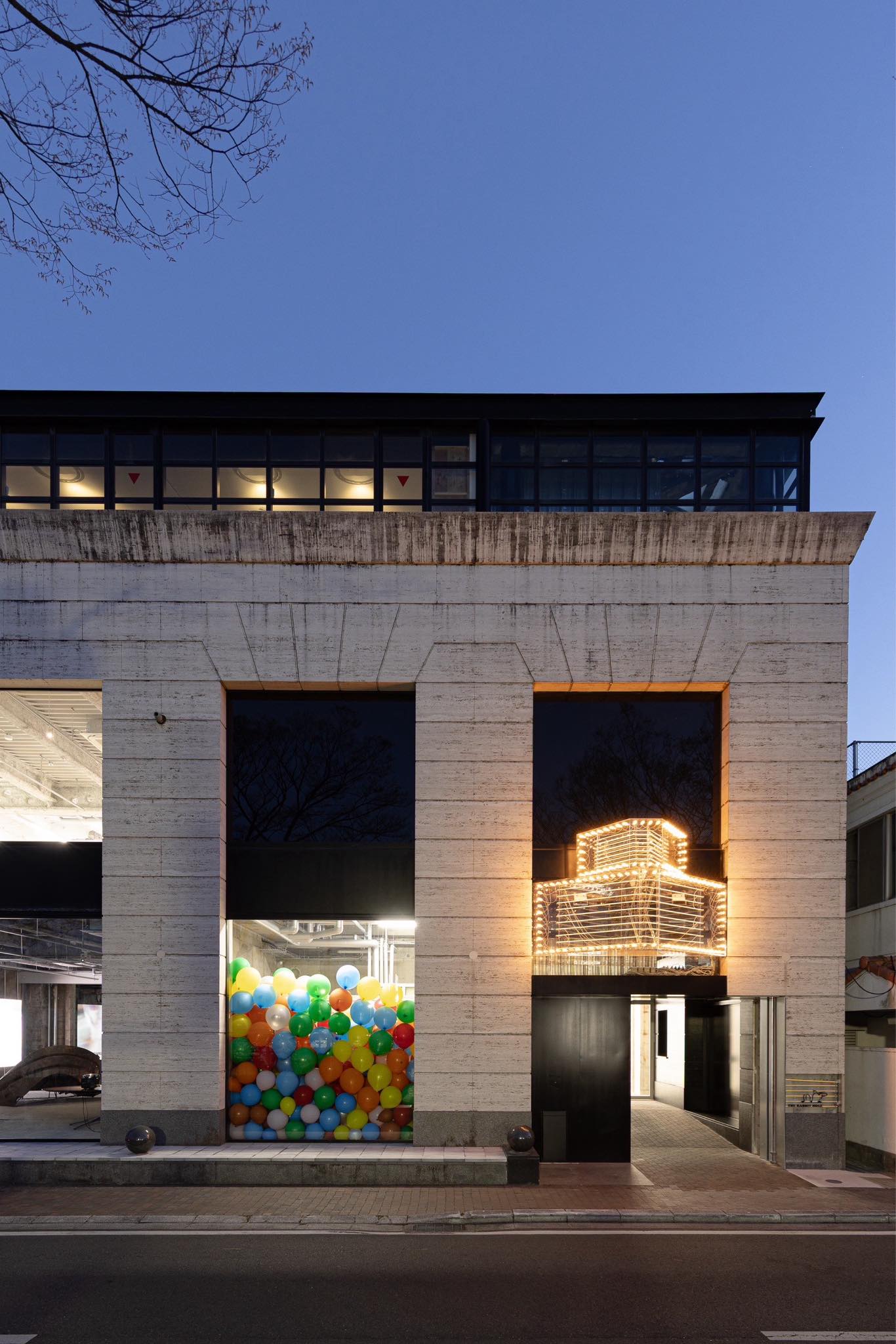
Why Focus on Children?
“Because the future of this country is the future of its children.”
Two insights shifted Ishikawa’s priorities. First, he recognized that entrenched perspectives among the elderly are difficult to change. Second, he realized that fostering the imagination and pride of children was the surest path to long-term societal transformation.
Through education and engagement in regional revitalization, Ishikawa hopes children will develop a civic pride rooted in Okayama. “It’s not about making them stay,” he clarifies. “I want them to study in Tokyo or abroad, then return to Okayama to start businesses or lead new family ventures. That’s what really sustains a region.”
From "For Me" to "For Others"
“My focus has shifted with each phase of life.”
At 23, Ishikawa was living on ¥300 (≒$2) a day. “I wasn’t thinking about helping society—I was just trying to survive.” After several rocky years, his company stabilized, and he began earning a comfortable income. That’s when his outlook shifted.
“The first ten years were for me and my company. But from year ten onward, I gradually pivoted toward others—my region, society. Today, 70% of my energy is aimed at social contribution.”
He’s no longer concerned with personal wealth. “If I can leave enough for my family and build a meaningful life with my peers, the rest should serve others. That’s the phase I’m in now.”
Challenges in Japanese Philanthropy
“Inheritance tax, envy culture, and political disconnect.”
Three major barriers stand in the way of sustained philanthropic action in Japan:
Firstly, Inheritance tax – “After three generations, family assets disappear. I understand why some move abroad.”
Secondly, Social envy – “Positive actions are too often met with suspicion or sabotage.”
Thirdly, Political misalignment – “Most local politicians don’t share an entrepreneurial mindset, making collaboration difficult.”
To improve this, Ishikawa suggests diversifying public offices—bringing in globally minded professionals and building a balanced assembly with women, young leaders, and seasoned thinkers.
Is the Wind Changing in Urban Revitalization
“After 15 years, it finally feels like momentum is on our side.”
When he first began working on regional revitalization over a decade ago, resistance was fierce. But today, even the entire Okayama City Council has invited him to speak.
“Urban revitalization isn’t like business—it’s slow. But at the 10-year mark, the headwinds eased. Now I feel a tailwind.” He notes that rapid change only comes when local mayors have the courage to collaborate with the private sector.
Still, he adds, “Entrepreneurs and politicians have different strengths. One runs on intuition and vision; the other on data and process. But it’s often the entrepreneurs who see the future first—and are proven right years later.”
What comes next?
“From ‘I am’ to ‘We are.’ Building 100 leaders and 100 companies.”
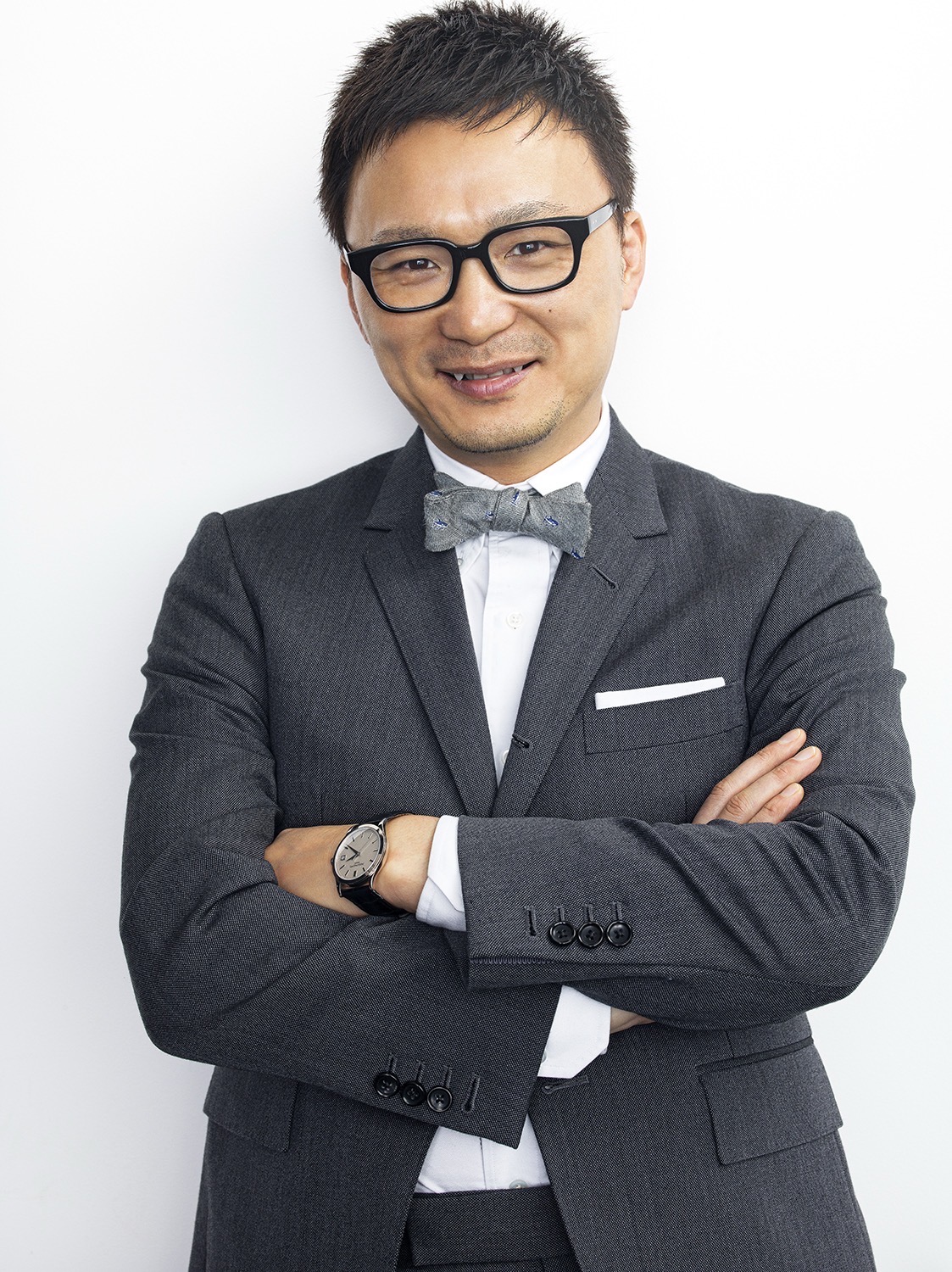
Ishikawa calls his past leadership style “I am”—a singular vision executed by a loyal team. But now he’s shifting toward “We are.”
He envisions building 100 companies with 100 unique leaders, aiming for a combined ¥1 trillion in value—and redirecting 1% of that back into local communities.
Over the next 15 years, he plans to expand the Rabbit Hole contemporary art museum into 20 satellite spaces across the city. “We want to weave together art, economics, and community. That’s how we’ll redefine Okayama—together.”
Interviewer: Co-CEO Yoshiko Fujita
TOP

